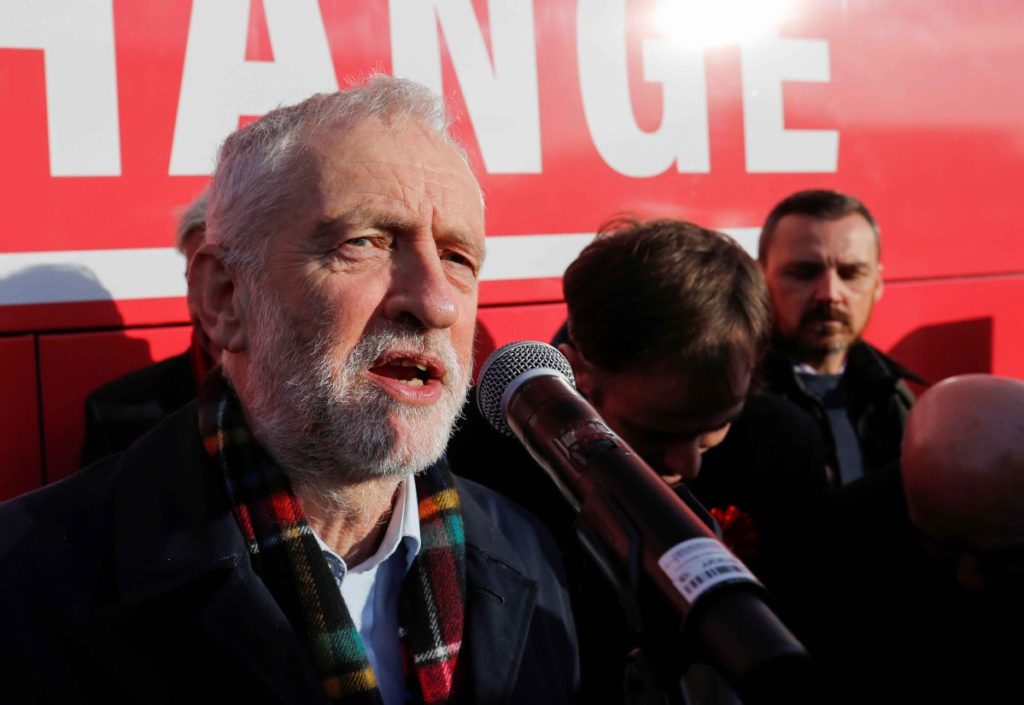
The British Labour Party is reported to have suffered a second serious cyberattack is as many days as campaigning for the country’s general election on Dec 12 gains momentum.
On Monday, what the BBC called a “low-level – not large-scale and sophisticated” attack took place. Labour leader Jeremy Corbyn called it “very serious” and “suspicious” because of its timing. “If this is a sign of things to come, I feel very nervous about it,” he added.
On Tuesday a second attack was reported, thought to be through a technique known as a Distributed Denial of Service, or DDoS, which involves a concerted mass traffic on a specified target to overload and crash the system.
“We have ongoing security processes in place to protect our platforms, so users may be experiencing some differences,” said a party spokesperson. “We are dealing with this quickly and efficiently.”
There has been no suggestion yet who might be behind the incidents, and Labour has not specified which platform were the target, but it has been reported that a tool for party activists called Labour Connects, for designing and printing campaign materials, was disrupted on Monday and “closed for maintenance” on Tuesday.
Labour’s cybersecurity is maintained by a United States-based company called Cloudfire, who claim to have 15 times the network capacity of the largest DDoS ever attempted.
Speaking on the BBC radio news program The World at One, Emily Orton, from AI security company Darktrace, warned that such incidents would only get worse in the future.
“I think anyone involved in politics and in government need to be preparing themselves for a lot more stealthy, sophisticated attacks than this,” she said. “This is the tip of the iceberg in terms of the types of threats that, not just the Labour Party, but all political parties are going to be without a doubt experiencing on a daily basis.”
The Reuters news agency also reported that the Conservative Party website had been the target of a third attack on Tuesday.
A party spokeswoman said she was unaware of any attack, but Reuters claimed the attack was larger than the one on Labour and seemingly from a different source, but did not take down any websites.
Meanwhile, Conservative leader Boris Johnson used his first major speech of the election campaign to warn that the opportunity to take the country out of the European Union, which has already been put back three times, could be lost unless his party win a clear majority at the polls.
He included a reference to the popular 1993 comedy film Groundhog Day about a man trapped in repeatedly living the same day of his life until he adopts a more positive outlook on life, and finds things change for the better.
“The UK is admired and respected around the world but people are baffled by our debate on Brexit and they cannot understand how this great country can squander so much time and energy on this question and how we can be so hesitant about our future,” he will say.
“If we can get a working majority we can get parliament working for you, we can get out of the rut. We can end the ‘groundhoggery’ of Brexit. At this election the country can either move forwards with policies that will deliver years of growth and prosperity, or it can disappear into an intellectual cul-de-sac of far left Corbynism.”



